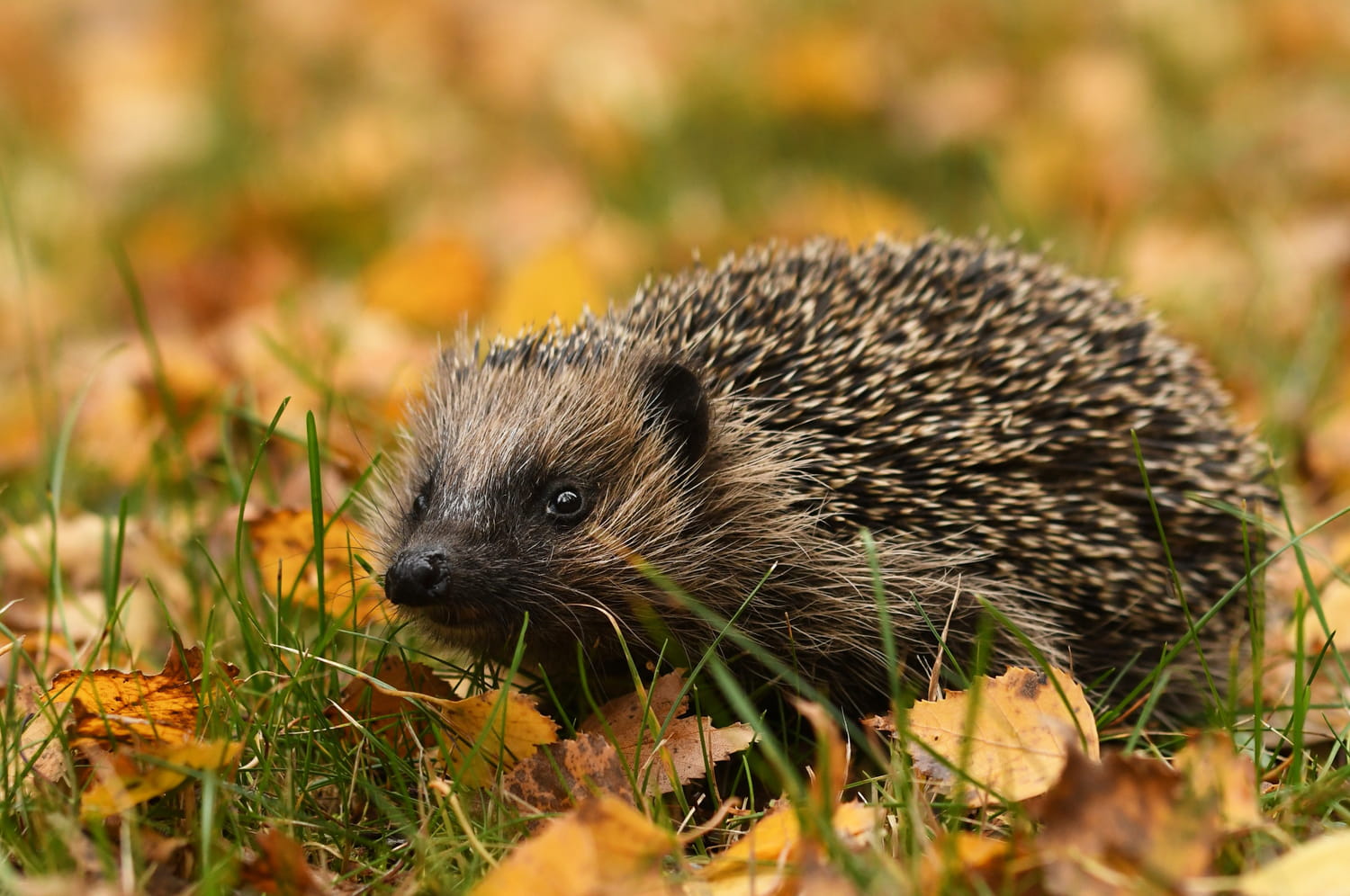In autumn, hedgehogs need a little help to get through the winter and this very simple gesture can change everything.
A small, discreet and nocturnal mammal, the hedgehog is today in great danger in France. It is estimated that several hundred thousand individuals die each year, victims of cars, pesticides or the disappearance of their natural refuges. In thirty years, their numbers have fallen by almost 70%. However, this small animal plays a valuable role in our gardens since it regulates slugs, snails and harmful insects. Good news: individuals can act, simply, to give them a helping hand before winter.
When temperatures drop, the hedgehog begins to prepare for winter. It spends several weeks looking for food to build up a good fat reserve, essential for its survival during hibernation. Once satisfied, he sets off in search of a safe, dry and calm shelter, sheltered from the wind and rain. In nature, it finds refuge under a pile of leaves, in a thick hedge or between the roots of a tree. But in our overly tidy gardens, these natural hiding places have often disappeared. Without shelter, the hedgehog cannot hibernate properly and risks dying from cold or exhaustion. This is where you can help him.
The best thing to do, simple and effective, is to install a pile of logs in a quiet corner of the garden. This small pile, which may seem insignificant, becomes a real hotel for hedgehogs: dry, warm and protected. You can also slide a small opening at ground level, about ten centimeters, to allow them to enter easily. Better yet: if you stack a few branches and let nature do its thing, the hedgehogs will come and take shelter there themselves.
Other actions can make a difference. Absolutely avoid burning piles of leaves or wood without checking them: a hedgehog could be hiding there. Reduce the use of pesticides and anti-slug pellets, which poison them directly or through their prey. Leave a small opening in your fence so they can move freely between gardens. Finally, offer them a small cup of water, but never milk, which they digest very poorly.







